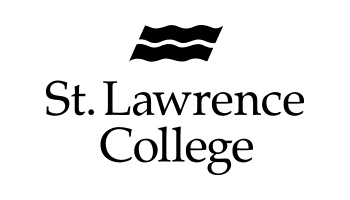课程介绍
课程为您提供在充满活⼒、有益回报且不段扩⼤的旅游业中脱颖⽽出的机会。您在课程中获得的技能将反映雇主的需求,有助您做好進⼊旅游业的准备。 艺术和文化旅游、酒店和旅游法、体育旅游、活动策划和管理、生态和探险旅游以及历史旅游只是您将探索的众多学科领域中的一小部分。
录取要求
Secondary School Diploma including Math 11 and English 12, or equivalent. Students must meet one of the following language requirements:
- Canadian College of English Language Level 140, Pass with 60%.
- St. Lawrence College ESL Advanced, Pass with 60%
- IELTS 6.0 (minimum of 5.5 in each section)
- TOEFL CBT 213 , TOEFL IBT 78






